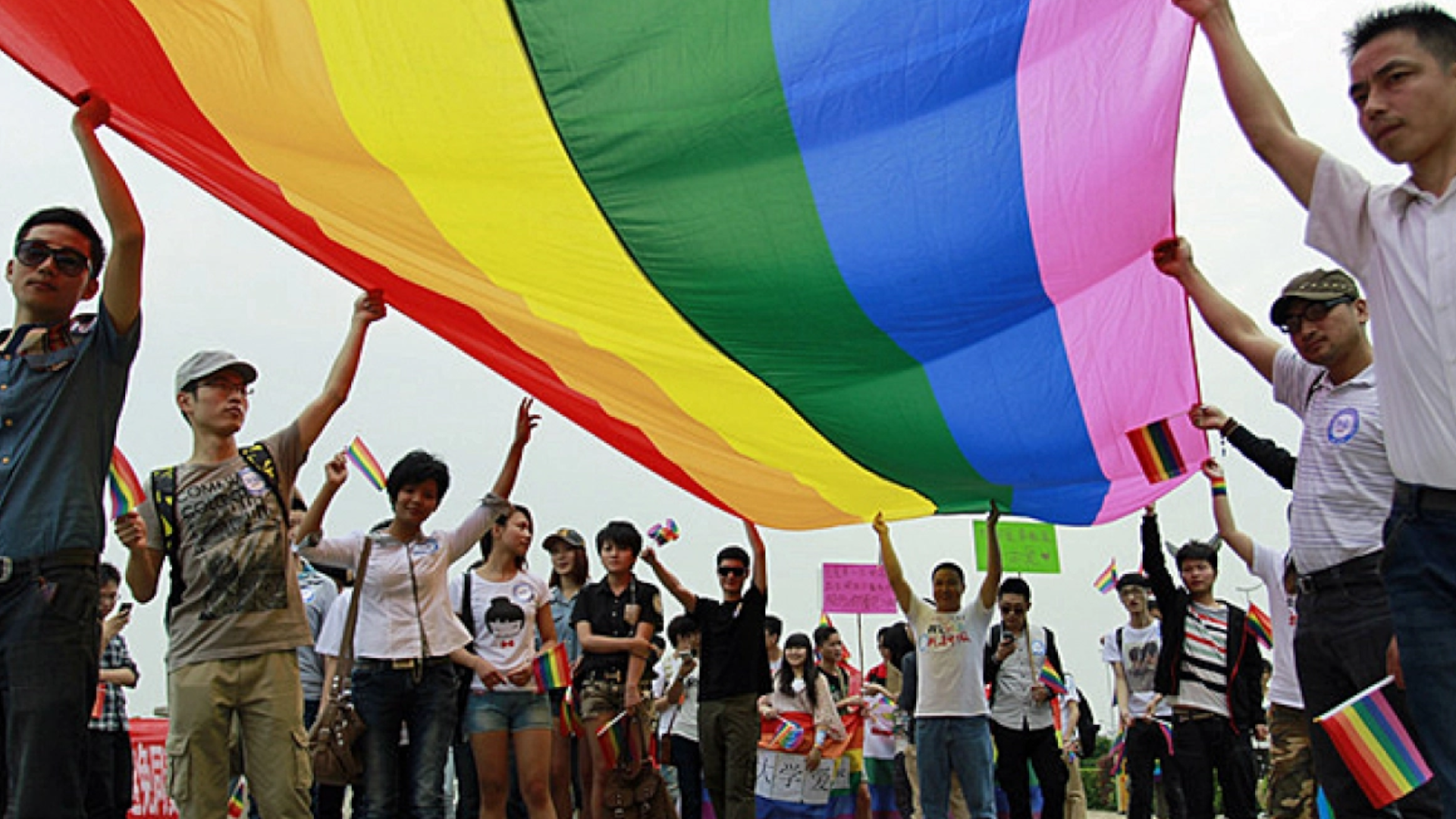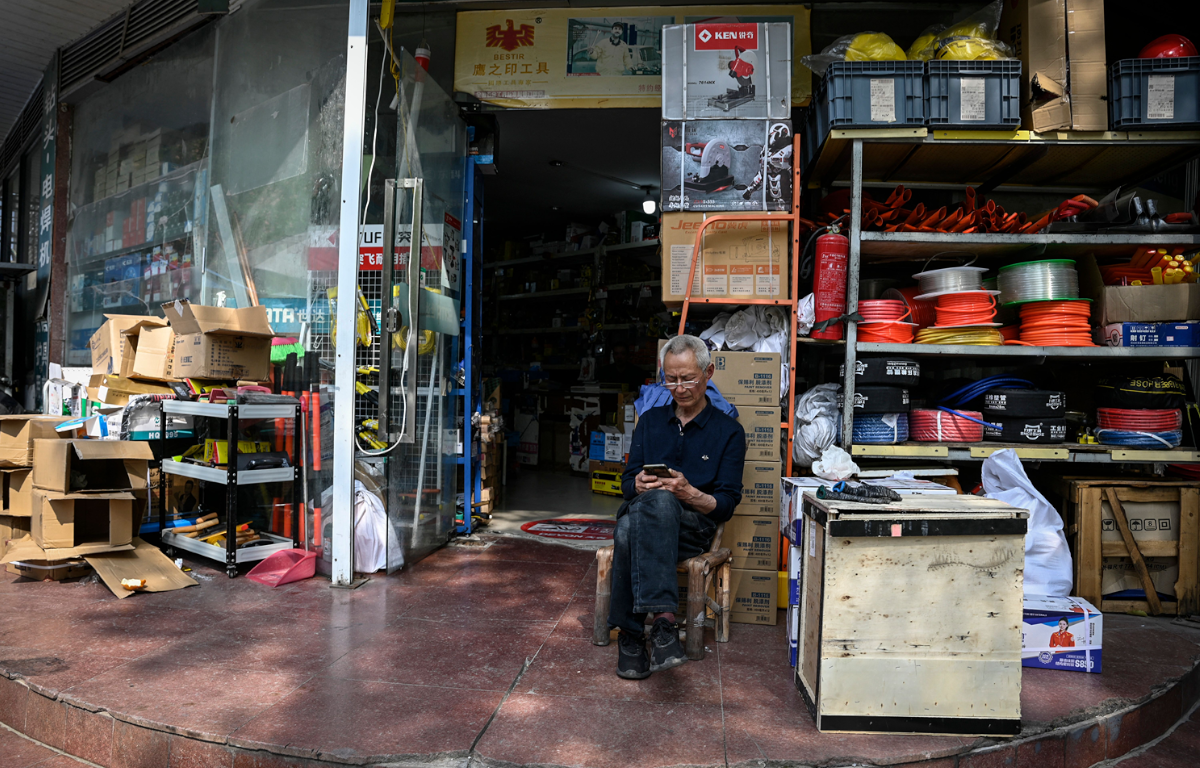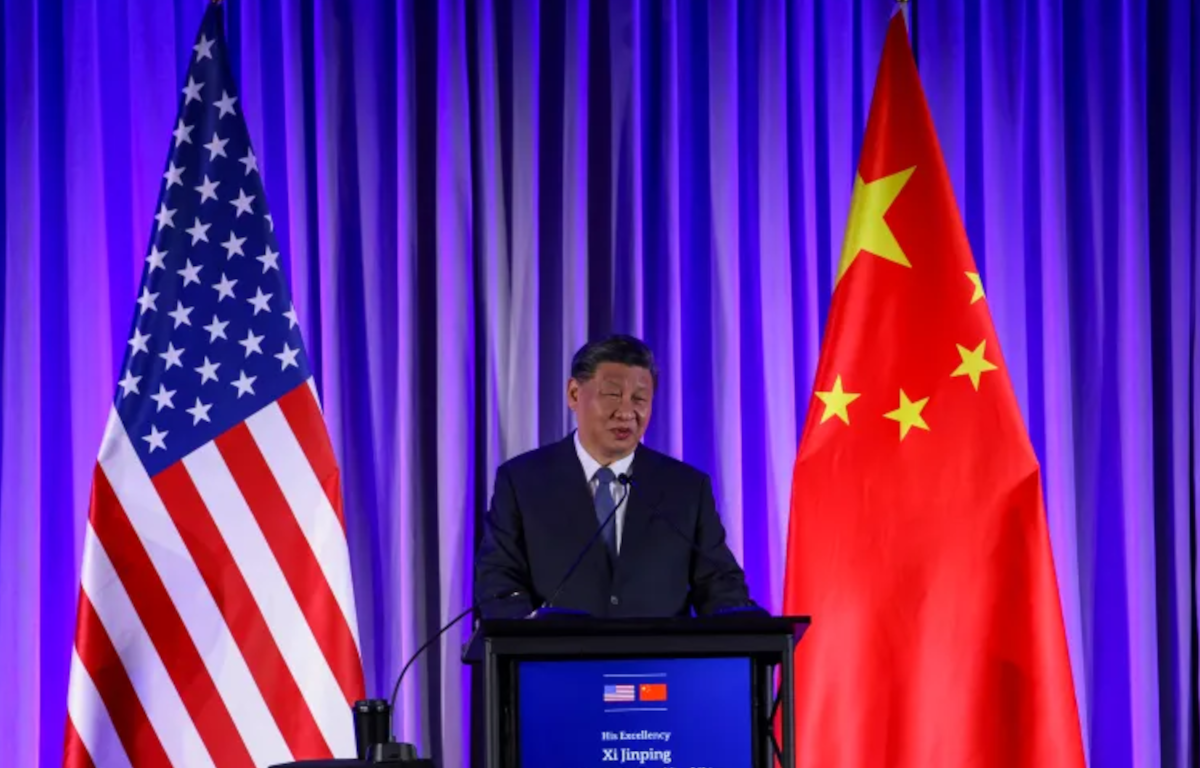
On the solemn occasion of the Tiananmen Square massacre anniversary, Hong Kong’s authorities swiftly detained ten individuals, including Joshua Wong, a well-known pro-democracy activist. The arrests were made under the pretense of organizing and participating in unauthorized assemblies related to the Tiananmen anniversary. These detentions further highlight the challenges faced by pro-democracy activists and raise questions about the city’s promised autonomy.
The arrests on a day symbolizing freedom of expression and democratic values have alarmed many, as they suggest a shrinking space for dissent in Hong Kong. Critics argue that such actions undermine the freedoms the city was meant to maintain after the handover from British to Chinese rule. The detention of opposition figures sends a chilling message to those advocating for democratic principles and casts doubts on Hong Kong’s future as a bastion of freedom in the region.
The detentions are seen as a reflection of China’s increasing control over Hong Kong. Since the implementation of the national security law, authorities have taken a more assertive approach in silencing dissent and curbing pro-democracy activities. The international community has expressed deep concerns over the erosion of civil liberties and human rights in Hong Kong. Countries like the United States and the United Kingdom have condemned the arrests and called for the immediate release of the detainees.
The international response to the arrests is a crucial factor in shaping the situation. While condemnations and calls for release have been made, the effectiveness of these statements in influencing the outcome remains uncertain. As Hong Kong faces an uncertain future, the international community’s support and protection for those fighting for democratic values will play a significant role in determining the city’s path.
The detention of Joshua Wong and other individuals on the anniversary of the Tiananmen Square crackdown underscores the challenges faced by pro-democracy activists in Hong Kong. The erosion of civil liberties and the tightening grip of Chinese influence in the city have drawn international attention. How the international community responds to these developments will not only shape the future of Hong Kong’s political landscape but also determine the extent to which democratic values are protected in the region.










Share this: